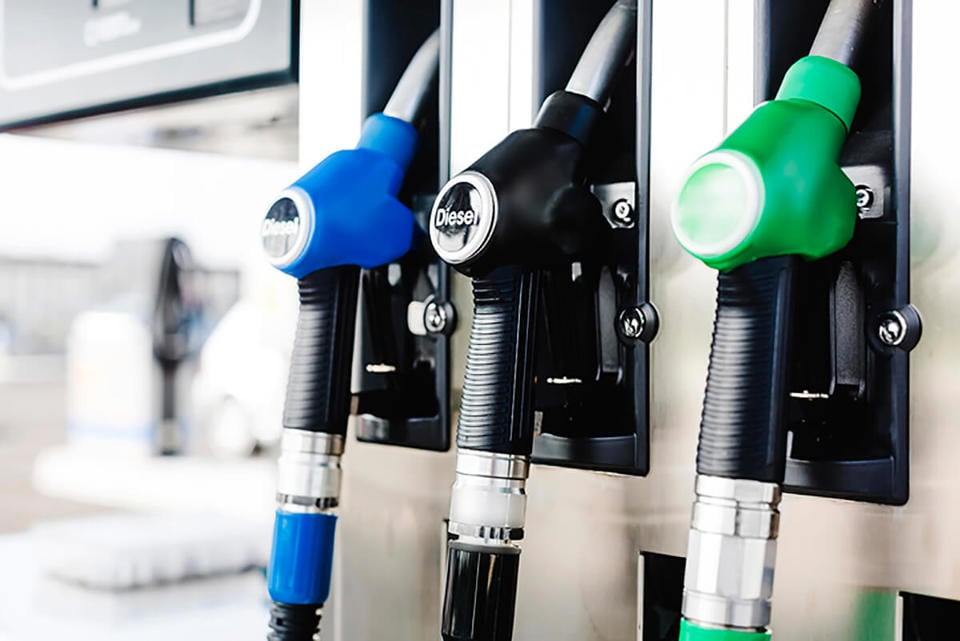BP and Arval have ended an agreement whereby Arval fuel cards are accepted at all BP filling stations.
It is believed that the reason behind BP’s decision to pull out of the AllStar fuel card network was because of rising costs.
While BP is the first to take the step of refusing fuel cards, it is feared others may follow suit.
Danny Clenaghan, Arval card development director, said: “We are sensitive to the present market conditions and we are involved in discussions with a number of dealer groups, independent dealers and oil companies to review the current situation and agree a satisfactory position for all involved.”
A spokesman for BP said the decision to end the relationship between the two companies was “a particularly difficult one, but necessary in the current business environment”.
BP-branded filling stations account for some 12% of Britain’s 11,500 fuel outlets.
The decision means Arval cards will no longer be accepted at any of BP’s 300 owned and operated sites from 31 October 2008.
However, some of the 900 BP-branded sites that are operated by independent dealers could still accept Arval cards after this date, although it is unknown how many will.
Arval is now in discussions with these sites, which Arval’s head of marketing Chris Davies described as “very positive”.
Ray Holloway, director of the Petrol Retailers Association, said BP’s decision, which he said could just be “posturing”, was unlikely to be a signal that other fuel retailers are about to follow suit.
“I haven’t heard any signals that other retailers are planning to do the same as BP,” he said.
While BP and Arval would not discuss the terms of their severed agreement, it is believed that such agreements allow fuel card companies to charge a percentage of the retailer’s fuel price.
With the cost of fuel rising by over one-third over the past 12 months, the costs associated with accepting fuel cards has subsequently also risen rapidly.
An Arval spokesman confirmed: “As a result of challenging market conditions, rising fuel prices are having a knock-on effect on the cost of all cards for retailers.”
Esso, which operates 900 filling stations, confirmed that it is reviewing its agreement with Arval.
“We are currently in discussions with Arval about a number of commercial aspects because, naturally, we keep the acceptance of third-party cards under constant review,” said a spokesman.
He confirmed that the contract between Arval and Esso remains in place.
Indeed, Arval pointed out that its cards are still accepted at some 9,700 outlets.
Shell said that it too is now looking at its agreement with Arval.
"We continuously review our position with respect to all the cards we accept at Shell," said a Shell spokesman. "Current fuel prices have significantly raised the real cost of most card acceptance, especially on those cards where the cost to the merchant is based on a percentage fee. We are looking at options to reduce these costs to Shell and to our retailers in the UK."
Steve Clarke, director of the FuelCard People, said that BP’s move could spell the end of the AllStar “stranglehold” on the market.
“AllStar used to be accepted everywhere, but the problem is is that it is no longer universally accepted and this could mean the end of its stranglehold.”













Login to comment
Comments
No comments have been made yet.